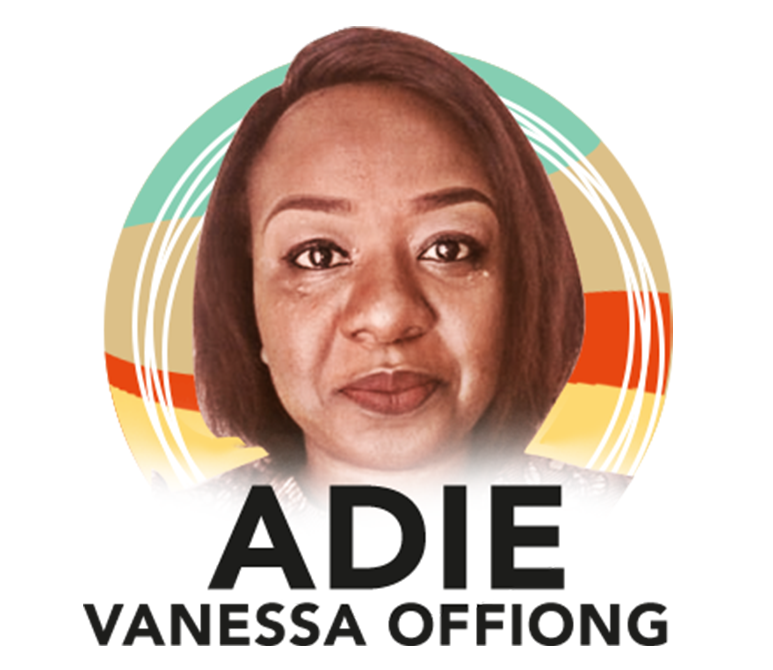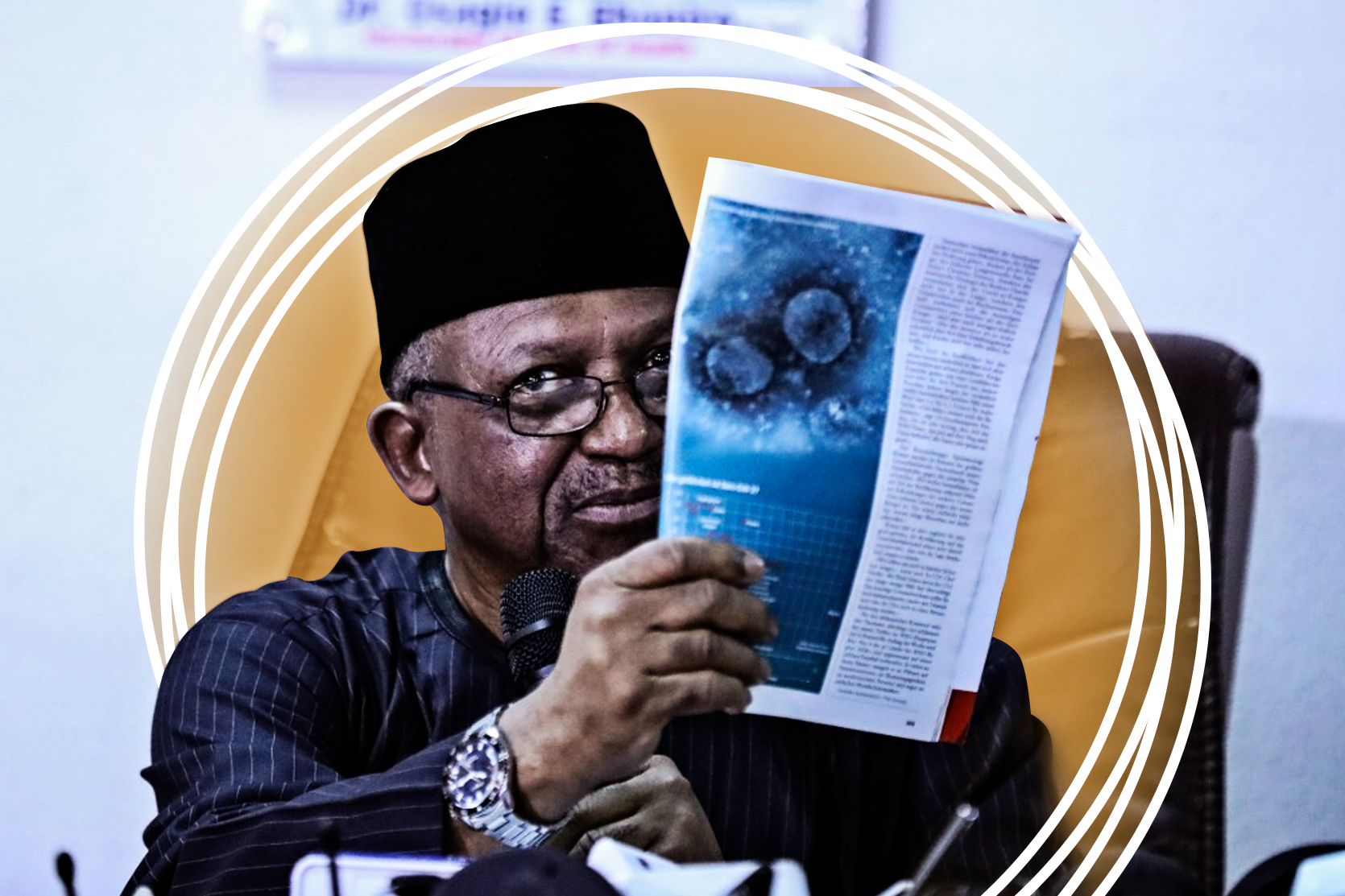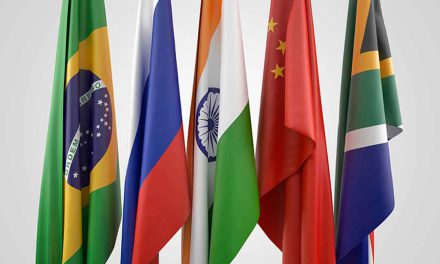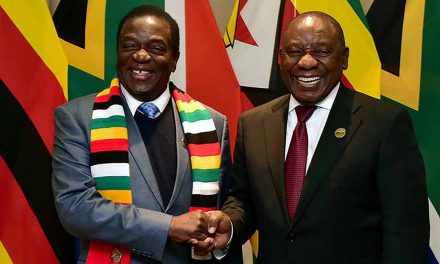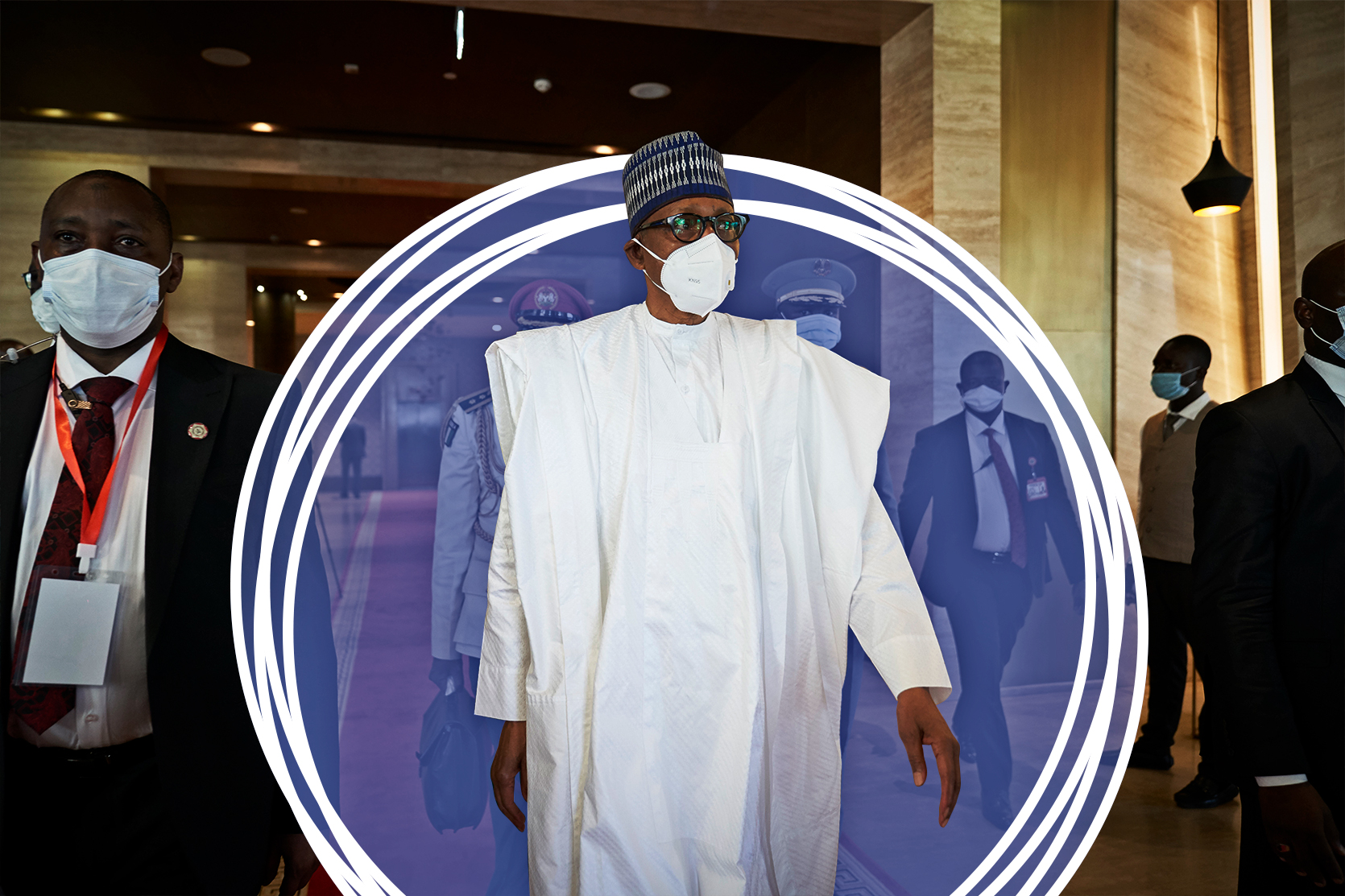
From the get-go, the Nigerian authorities publicised precautions for people to keep safe against COVID-19 and ways through which they could prevent the spread of the disease. These measures included frequent handwashing, the use of face masks, advising people to sneeze or cough into the elbow, and social distancing, among others.
As the number of COVID-19 positive cases in Nigeria picked up, movement was restricted to a certain number of hours daily and within certain places, and Nigerians were mostly observant of the rules. Security operatives at intrastate and border control checkpoints monitored the use of masks and social distancing. But when people, especially the poor, began to complain of hunger, and savings began to dwindle as businesses struggled to stay afloat, plans to ease the lockdown were announced.
When people, especially the poor, began to complain of hunger, and savings began to dwindle as businesses struggled to stay afloat, plans to ease the lockdown were announced.
An initial two-week easing of lockdown was announced on 4 May for, followed by an extension starting on 2 June. But the easing of the lockdown has caused some confusion in Nigeria, as it seems to mean that the government is getting lax about ensuring that safety protocols are observed.
The lockdown restrictions were relatively clear, and they helped people to be conscious of the need to adhere to the WHO guidelines for COVID-19 prevention, says Nafisa Atta, 41, a facilities management expert based in Nigeria’s capital city. “People policed one another about adhering to these rules, and security forces also ensured that people respected them by doing at least the minimum – which was wearing a face mask and the use of sanitizer,” she told Africa in Fact.
The easing of the lockdown has caused some confusion in Nigeria, as it seems to mean that the government is getting lax about ensuring that safety protocols are observed.
With the easing of the lockdown, though, all this seems to have gone with the wind. The WHO guidelines now seem to only exist only on paper, says Aisha Inuwa, 40, a stay-at-home mother. She recalls seeing television reports of the president, Muhammadu Buhari attending events without a face mask and reading about his reasons for not using a mask, despite his being in a vulnerable group at risk of contracting the disease (he is 77).
“The other day, we saw a senator take his mask off to sneeze during a session at the national assembly. What was more appalling was the fact that the [other senators] found it funny and began laughing. So, you ask yourself, if the people who should guide us are ignoring the WHO guidelines, who are ‘ordinary people’ supposed to respect?”
The WHO guidelines now seem to only exist only on paper, says Aisha Inuwa, 40, a stay-at-home mother.
Dealing with “a disease as serious as this” needed “a lot of leadership by example”, Inuwa felt. Having eased the lockdown, the government needed to make “a concerted effort to continuously educate citizens about current trends with regard to the pandemic and what it means for us,” she said.
Initially the number of daily cases was in the tens. Since the easing of the lockdown, we have seen hundreds every day, and in some areas, a thousand or more. New transportation and other protocols have been announced – including requirements that the offices of transport businesses are regularly sanitized, suggested limits on the number of people in a taxi at any one time, and advice not to share taxis and buses where possible – but they are not being monitored and enforced.
“If the people who should guide us are ignoring the WHO guidelines, who are ‘ordinary people’ supposed to respect?”
At a market like Wuse, in the heart of Nigeria’s capital, shoppers are required to use sanitisers and face masks before entering, but once inside the market, enforcement is not evident. At lower-end markets where cheaper foods and bulk buys are on offer, the protocols are not being enforced at all.
“I went to Diko Market on Kaduna Road – a wet market – and counted only three of us wearing masks, and only two people actually wearing their masks properly,” says Ali Umar, 53, a building technologist. “It was a free-for-all. People were breaking social distancing rules. I was ridiculed whenever I said people should be wearing face masks or practising social distancing. The general response was: ‘Corona has nothing to do with us.’”
It is not enough for the government to ease the lockdown, he says; it should still be trying to ensure that citizens respect the basic protocols of social distancing and sanitising.
“I was ridiculed whenever I said people should be wearing face masks or practising social distancing. The general response was: ‘Corona has nothing to do with us.'”
Commercial taxis, according to the protocols, are not supposed to carry more than three passengers – two behind and one in front with the driver. But things have returned to the status quo with drivers allowing five or six passengers. The authorities – in the form of the police and Federal Road Safety personnel – don’t seem to be on the lookout for this.
Commuters can find themselves caught between the devil and the deep blue sea. “Offices have opened, and work has resumed, so if you decide not to use the taxis, you do so to your detriment,” says Ikenna Onuoha, an office worker in his mid-thirties. “For the first three or four weeks after things eased up, I would barely make it to work on time because I insisted on using taxis carrying no more than three passengers.”
Commuters can find themselves caught between the devil and the deep blue sea.
One driver screamed at him: “You will die there, waiting for a taxi with only three passengers.” When the government eased the lockdown, the government had told taxi operators to carry only three passengers, the driver continued, but it had also immediately increased petrol prices. He wanted to know who would make up the difference to his pocket.
This was the turning point for Onuoha. He had “learned his lesson the hard way” and devised his own way of dealing with the problem. He now pays extra to sit alone in front to avoid physical contact with other passengers. Transport costs him at least half of his current salary but it’s a price he is willing to pay to keep his job – and his health.
The government had told taxi operators to carry only three passengers, but it had also immediately increased petrol prices.
His situation is one experts have analysed, stating that about 50% of all trips in Lagos are made by public transport (BRT, LAGBUS, Semi-Formal Mini Buses, Federal Mass Transit Train) and shared taxis. In Abuja, about 57% of trips are by public transport and shared taxis. The situation is similar in many other cities in Nigeria.
So the authorities think that public transport is an important element to control. But David Nabarro, a WHO special adviser on the coronavirus, says the evidence suggests that the “fleeting contact” people have when travelling together may not be the most important source of transmission. “For this reason and with similar mindset, authorities had not given specific attention to public transport for a while.”
By 27 July, the official tally for the country was 40,532.
In some areas of Nigerian life, people are respecting the lockdown guidelines. Some private businesses, banks and private schools remain closed, as well as some places of worship – which could come under fire if they did otherwise.
On Monday 20 July, Nigeria recorded 562 new cases in 21 of its 36 states, bringing the total number of confirmed cases in the country to 37,225. By 27 July, the official tally for the country was 40,532. Many private citizens hope that government will go back to the drawing board to devise strategies to curb the spread of the virus, and educate citizens better.
We’d love to hear from you! Join The Wicked Conversation by leaving your comments below, or send your letter to the editor to richard@gga.org.
Adie Vanessa Offiong is an award-winning journalist in Abuja, Nigeria, with experience in investigative, science and development journalism. She is member of the Health Systems Global, African Investigative Publishing Collective and of the Center for Collaborative Investigative Journalism. Vanessa was the winner of the 2019 Africa Media Development Foundation (AMDF) Journalists of the Year Award and was the only female finalist of the 2019 Continental Journalism Awards on the African Union Charter.


